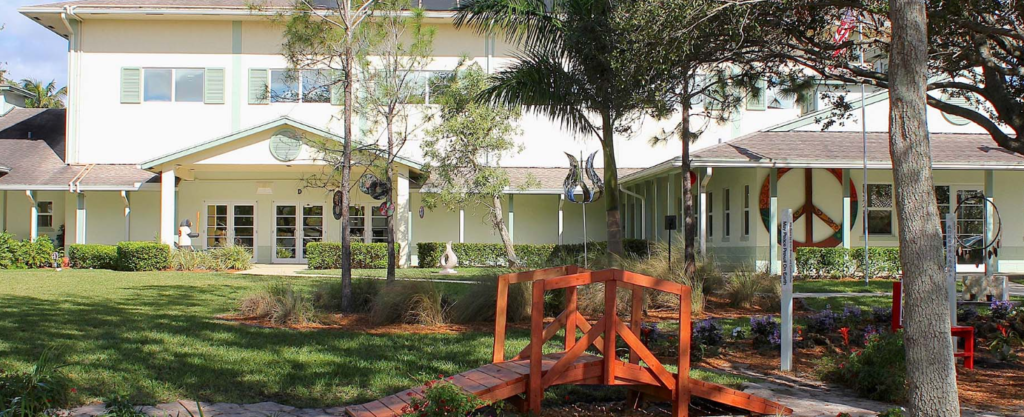
Editor’s note: This post from Judy Dempsey, founder and longtime principal of Summit-Questa Montessori School in Davie, Florida, is based on a chapter from her 2016 book “Turning Education Inside Out: Confessions of a Montessori Principal.”

Education today must establish different goals for itself compared to generations ago. Today’s world is an inconsistent place that continues to change at a mind-boggling pace. Technology has transformed our world in a way that would be unrecognizable to our ancestors.
The extraordinary thing is that it may be unrecognizable to us in the near future.
In the past, education prepared students for a familiar and predictable world; the goal was to have students memorize a set of facts or learn specific skills that would serve them well in a variety of careers. Today, in the Information Age, any fact that a student would need or want is at the tip of their finger, a mouse click or screen tap away.
As educators, it is imperative that we prepare our students for the unique demands that the 21st century world will place upon them. It is vital in this age to teach students how to find the knowledge they need – knowledge as varied as the changing times themselves. Students must be able to think outside of the box and be creative learners and problem solvers.
Upon entering the workplace, they will need to work in the global community, so it is imperative for them to know how to communicate well and get along with others. They must be respectful of other cultures and traditions since it’s likely, in any business transaction, that their clients and the team with which they work will be from somewhere else in the world.
The statistics also indicate that people will change jobs much more frequently than ever before. Young people who can adapt to new and changing needs and expectations will be the ones getting and keeping the available jobs.
Our world is facing a multitude of challenges at different levels: environmentally, socially, ethically, politically, and economically. We need young people who have the skills to face unprecedented situations in the world. These are very different skills necessary for success in the 21st century and for the survival of our culture, planet, and species. When parents ask me, “Will Montessori prepare my child for the real world?”, I confidently respond by saying, “Montessori will, without any doubt, prepare your child much better than traditional education ever could for this new real world.”
If you look at all the previously mentioned skills necessary for success in the 21st century, they are all inherent in the Montessori experience. Children learn to think differently based on their unique perception of the world. They learn how to get along with classmates from different cultures, ages or genders, or perhaps a very different type of learner, thinker, and problem solver.
Exposure to these different personalities, abilities, and individual gifts allows children to develop skills that are different from their traditional counterparts. Their vocabulary, critical thinking, social, and communication skills increase with every year that they are in the Montessori classroom.
They learn to explore their own interests and the Montessori materials at their own pace. The Montessori teacher will always guide the students along the path of learning, not by providing the answers, but by constantly asking the child the questions needed to stimulate critical thinking and discovery. A Socratic questioning type of approach allows students to develop and expand their own learning and critical thinking skills.
As much as our world has turned into a machine/technology-dominated society, social skills are still highly important for success. The highest paying jobs today demand people who are not only competent with technology, but also have strong people skills—an important human trait. Social skills are not usually part of the curriculum in traditional schooling. Michael B. Horn, co-founder of the Clayton Christensen Institute, said, “Machines are automating a whole bunch of things so having the softer skills, knowing the human touch and how to complement technology is critical, and our educational system is not set up for that.”
Although these skills may not be taught in traditional schools, they are a fundamental part of the Montessori experience. In a Montessori interactive and ever-changing classroom, students learn to communicate, adapt, and problem solve in socially appropriate ways as they navigate the classroom.
That classroom is like a sea full of unique and beautiful creatures, all with their own needs and interests. As the day flows, they all learn to share their habitat, enjoy each other’s company and beauty, negotiate, and sustain the peaceful atmosphere. In the process, their own gifts grow and flourish, contributing to the overall health of the environment.
Contrary to some who believe that Montessori classrooms are chaotic and nonstructured, where students can do whatever they want with no responsibility, nothing could be further from the truth. Students are expected to be responsible community members, finish the work that they choose, and return it to the shelf so that someone else can use it.
They mentor each other and care about each other. They collaborate, thereby learning to be more productive as a team. They trust each other and work on sharing their strengths with each other for the good of all. Our Montessori students are very well prepared for the 21st century.
President Barack Obama stated on CBS news, “I’m calling on our nation’s governors and state education chiefs to develop standards and assessments that don’t simply measure whether students can fill in a bubble on a test, but whether they possess 21st century skills like problem-solving and critical thinking and entrepreneurship and creativity.”
Remarkably, those in the traditional world of education do indeed have this important information; however, implementing a system that incorporate these skills into their classrooms remains a mystery to them. The National Education Association has been working for many years to bring innovation into public school systems. Its educational researchers have long recognized that students need to acquire very different skills for the future and have narrowed the focus to the “Four Cs.”
They name these Four Cs: communicators, collaborators, creators, and critical thinkers. Sounds familiar, doesn’t it? It also is interesting to note that while we’ve had the Montessori education system successfully in place worldwide for more than 100 years, few policymakers and educators take our approach seriously.
The American Management Association in a 2010 survey on critical skills stated:
“The Four Cs will become even more important to organizations in the future. Three out of four executives who responded to the survey said they believe these skills and competencies will become even more important to organizations in the next three to five years; additionally, 80% believe that reading, writing and arithmetic are not sufficient if employees are unable to think critically, solve problems, collaborate, or communicate effectively.”
I could continue to cite dozens and dozens of additional resources that give the same message about the importance of many other skills beyond reading, writing and arithmetic that our students need today. It should be obvious to anyone familiar with the Montessori approach that Montessori has been doing this the entire time it has been in existence. There is no doubt how timely it is today in preparing our students for the world in which they will find themselves as adults.
Dr. Maria Montessori, ever the visionary, was able to understand what our students would need for their future.


